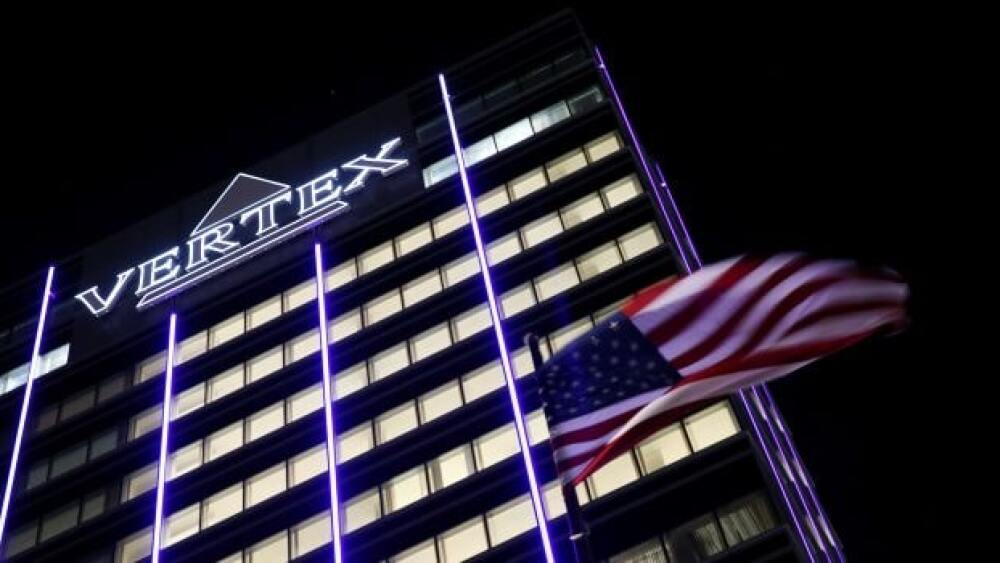Vertex and Arbor Biotechnologies extend partnership in precision gene editing.
Courtesy of Craig F. Walker/The Boston Globe via Getty Images
Wednesday, Vertex Pharmaceuticals extended its existing strategic partnership with Arbor Biotechnologies to gain rights to the latter’s novel precision editing technology for up to three diseases.
Under the extended agreement, Arbor will be eligible for research, development, regulatory and commercial milestones. The Massachusetts-based biotech will also be entitled to tiered royalties on potential net sales of any product that may arise from this alliance.
The two companies first collaborated on gene-editing medicines in 2018, when Vertex made a $30 million upfront payment in a cystic fibrosis deal. In 2021, Vertex pledged up to $1.2 billion in milestone payments to expand this partnership to include ex vivo next-generation cell therapies for diabetes and blood diseases.
At the core of Wednesday’s extended partnership is Arbor’s precision editing technology, which uses the reverse transcriptase enzyme to accurately deliver therapeutic edits while limiting off-target side effects.
In a statement, Devyn Smith, Ph.D., CEO of Arbor, said that the company’s editors are specifically made to “provide more precise editing while being smaller in size to allow for further streamlined delivery and manufacturing.” This makes Arbor’s molecules attractive tools “in treating a broad range of diseases.”
Vertex in the Cell and Gene Therapy Space
Also headquartered in Massachusetts, Vertex has been expanding its presence in the cell and gene therapy space as of late.
In July 2022, the company inked a definitive acquisition agreement with ViaCyte, Inc. a private biotech focused on using stem cell-derived therapies to find a functional cure for type 1 diabetes (T1D). The transaction was valued at $320 million in cash.
ViaCyte’s buyout is projected to boost Vertex’s VX-880, an investigational allogeneic stem cell-derived, fully differentiated, insulin-producing islet cell therapy for T1D.
In a statement at the time, Reshma Kewalramani, M.D., CEO and president of Vertex, said “the acquisition of ViaCyte will accelerate our goal of transforming, if not curing T1D by expanding our capabilities and bringing additional tools, technologies and assets to our current stem cell-based programs.”
Aside from ViaCyte, Vertex is also working with CRISPR Therapeutics on exagamglogene autotemcel (exa-cel), an investigational one-time gene therapy for sickle cell disease and transfusion-dependent beta-thalassemia.
Exa-cel is an ex vivo CRISPR/Cas9-based therapy that uses a patient’s own hematopoietic stem cells that have been gene-edited to produce high levels of fetal hemoglobin. Last September, the FDA granted exa-cel rolling review and the companies expect to complete submission early this year.






